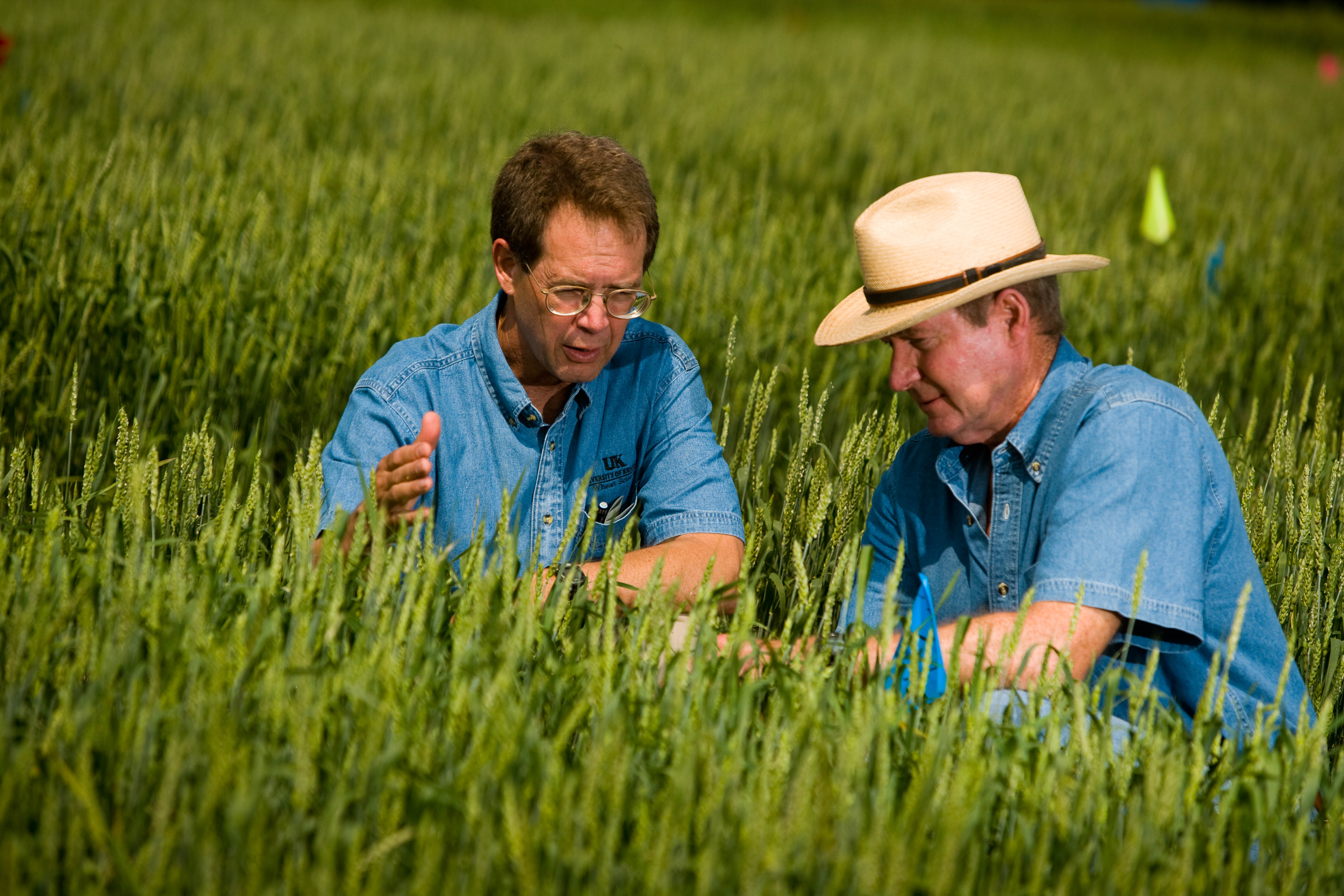University of Kentucky wheat study elevates bread baking through genetics
University of Kentucky wheat study elevates bread baking through genetics


In 2014, a Lexington baker approached University of Kentucky researcher David Van Sanford with a seemingly simple question: could he source locally-grown wheat for his bread-making endeavors? Little did they know, this query would launch a multi-university journey of exploration, experimentation and discovery. The results, recently published in the MDPI journal Foods, could reshape the bread-baking landscape.
Van Sanford, a wheat breeding specialist in the UK Martin-Gatton College of Agriculture Food and Environment Department of Plant and Soil Sciences, explained that the region's wheat traditionally has low protein content. This makes it ideal for pastries, cookies, cakes and similar baked goods. However, the crucial element required for bread – gluten strength – is missing, thus limiting the use of locally-grown wheat.
“In this part of the country, the wheat we grow is used for just about every baked good except bread, because it has low protein,” Van Sanford said. “Also, bread requires gluten strength to make a nice and firm loaf of bread.”
Researchers from UK, Purdue University and the U.S. Department of Agriculture Edward T. Schafer Agricultural Research Center analyzed sensory and artisan genetic bread traits in soft red winter wheat. The results concluded these traits are heritable through breeding lines, meaning selective breeding wheat varieties with desirable traits can improve the quality of wheat-based products.
The study's findings have important implications for the baking industry. By identifying the genetic factors that influence the quality of wheat-based products, the study can help bakers and food manufacturers develop higher-quality products that meet consumer demand. The team found a set of wheat lines displaying promise for bread baking–a significant accomplishment given the usual reliance on hard red winter or hard red spring wheat. This could have positive effects for both the producer and consumer.
“For producers, utilizing locally sourced wheat in bread baking presents a potential value-added product that can diversify revenue streams in an industry with notoriously slim margins,” Van Sanford said.
The benefits are equally noteworthy for consumers. Not only could locally baked breads offer distinct flavors, but also tie into the larger narrative of reducing dependence on distant supply chains. The disruptions experienced during the pandemic underscored global supply network vulnerabilities, making locally sourced products even more appealing.
“We came through the study with a lot of positive knowledge,” Van Sanford said. “The money stays in the community, the taste is better and we have a locally-based supply chain. It’s much more than just a ‘feel-good’ moment. We now know that we can produce this superior wheat through genetic lines. Everyone benefits.”
Dietetics & Human Nutrition Food Science Plant & Soil Sciences Research